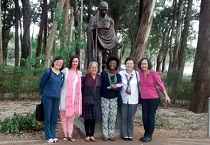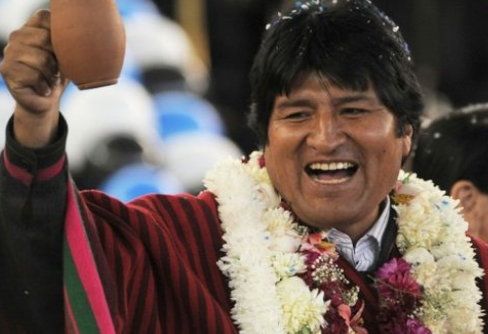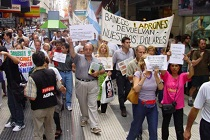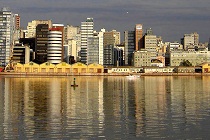BRICS headquarters in Mumbai
Globally, metropolitan cities are becoming powerful centres that sustain entire countries. In the case of Mumbai, the government can work backwards by stitching the infrastructure and governance together. The tried-and-tested technique is to host an international institution or event. Gateway House argues that Mumbai is most appropriate to be home to the headquarters of BRICS










